Are you experiencing any warning signs with your vehicle’s starter system? Don’t wait until it completely fails and leaves you stranded. Identifying and addressing early symptoms can save you from costly repairs and inconvenience. In this article, we will guide you through the process of spotting starter symptoms going bad, empowering you to take prompt action and keep your car running smoothly.
With our expert advice and practical tips, you’ll be able to identify those early warning signs of a failing starter system and take the appropriate steps to address them. Don’t let a faulty starter ruin your day. Stay ahead of the game and keep your vehicle’s starter systemin top shape.
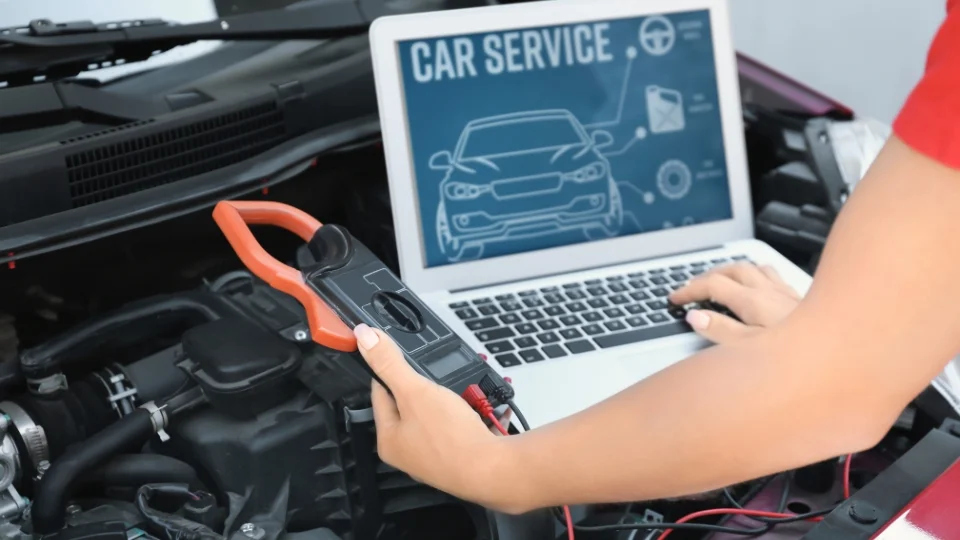
When it comes to the health of your starter system, being proactive is key. A malfunctioning starter can leave you stranded in the most inconvenient of places, causing significant disruptions to your daily routine. By paying attention to the warning signs, such as sluggish starts, clicking noises, or dim lights, you can catch potential issues before they become major problems. Early detection allows you to take the necessary steps to prevent complete starter failure, saving you time, money, and frustration.
One important reason to detect starter symptoms early is to prevent further damage to your vehicle. Ignoring the warning signs and continuing to run your car with a faulty starter can lead to additional problems. For example, a worn-out starter can put a strain on your battery, leading to premature battery failure. It can also damage other components of the starter system, such as the ignition switch or the starter solenoid. By taking prompt action at the first sign of trouble, you can prevent these secondary issues and keep your vehicle in optimal condition.
Another crucial reason for early detection is personal safety. A malfunctioning starter can pose a safety risk, especially if your car fails to start in a critical situation. Imagine being stuck in the middle of a busy intersection or on a deserted road at night due to a failing starter. These circumstances have the potential to pose dangers and threaten lives. By identifying and addressing starter symptoms early on, you can avoid putting yourself in such risky situations and ensure your safety on the road.
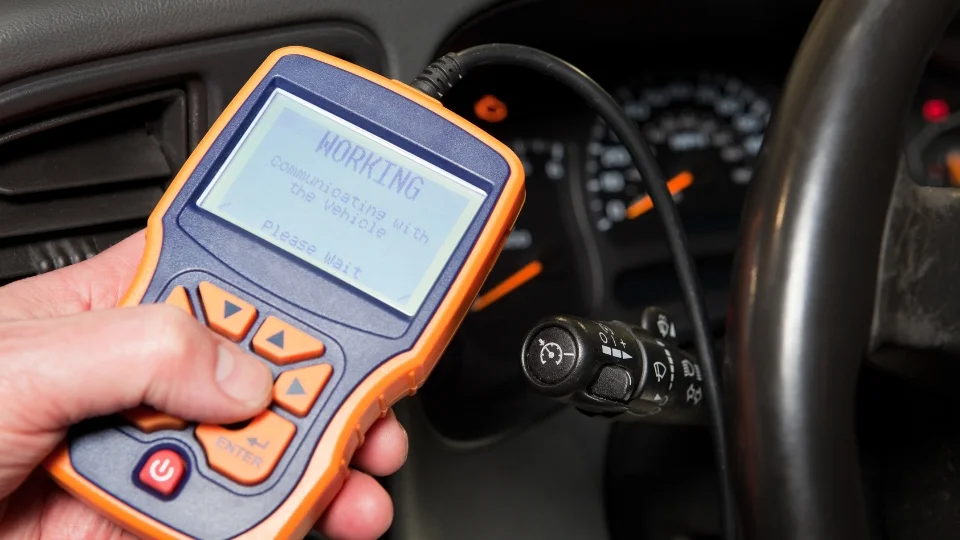
Now that we understand the importance of early detection, let’s dive into the common warning signs that indicate a failing starter system. Recognizing these symptoms will help you take the necessary steps to address the issue before it worsens.
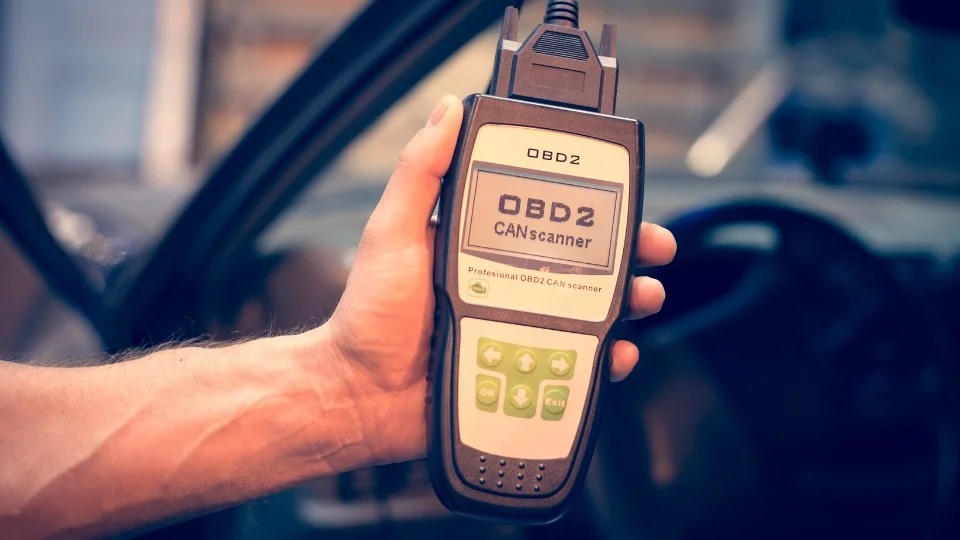
Once you have identified one or more of the warning signs mentioned above, it is time to diagnose the specific issue with your starter system. While you can visually inspect some components, such as the battery terminals, for loose connections or corrosion, using diagnostic tools will provide a more accurate assessment. Here are some common tools that can help you identify starter issues:
These diagnostic tools, when used correctly, can help you identify the exact problem with your starter system, whether it’s a faulty solenoid, a worn-out motor, or an electrical issue. However, if you are unsure about using these tools or interpreting the results, it is always recommended to consult a professional mechanic.
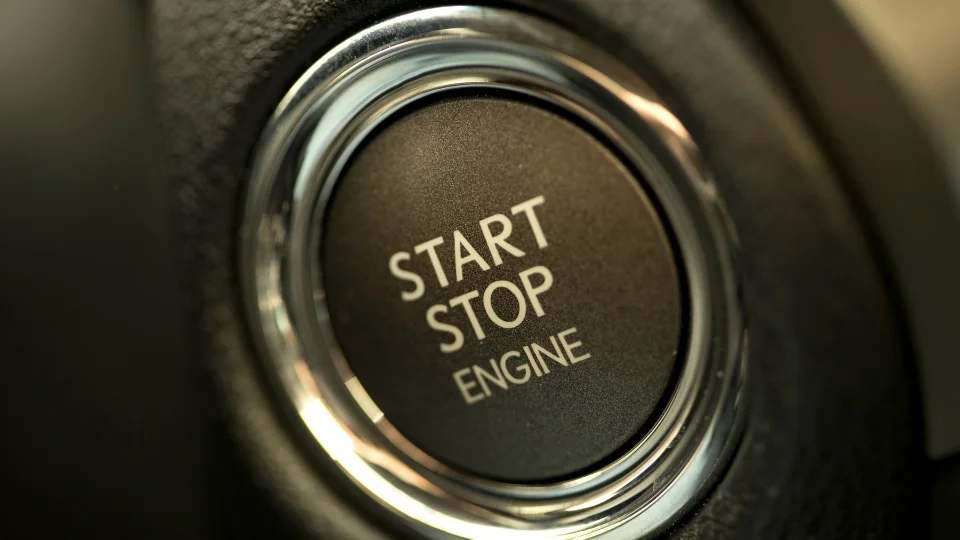
When it comes to the health of your starter system, being proactive is key. By paying attention to the warning signs, such as sluggish starts, clicking noises, or dim lights, you can catch potential issues before they become major problems.
One common early warning sign of a failing starter is a slow or sluggish start. If you notice that your engine takes longer than usual to crank or if it struggles to start altogether, it’s a clear indication that your starter may be on its way out. Ignoring this symptom could lead to a complete failure, leaving you stranded. If you experience a slow start, it’s important to address the issue as soon as possible.
Another clue that your starter system may be failing is a clicking noise when you turn the key in the ignition. This sound often occurs when the starter solenoid is not receiving enough electrical power to engage the starter motor. It could be caused by a weak battery, corroded connections, or a faulty starter relay. Regardless of the specific cause, a clicking noise should never be ignored, as it indicates an underlying issue with the starter system.
Dim lights can also be an early warning sign of a failing starter. When you turn the key in the ignition, the starter motor requires a significant amount of electrical power to crank the engine. If your lights appear dimmer than usual while attempting to start the vehicle, it could be a sign that the starter is drawing more power than it should. This could indicate a problem with the starter motor itself or an issue with the electrical connections.
To prevent starter issues from worsening, it’s crucial to address these warning signs promptly. Ignoring them may lead to more severe damage to the starter system, resulting in more expensive repairs or the need for a complete replacement. By taking action at the first sign of trouble, you can potentially save yourself from unnecessary expenses and inconvenience.
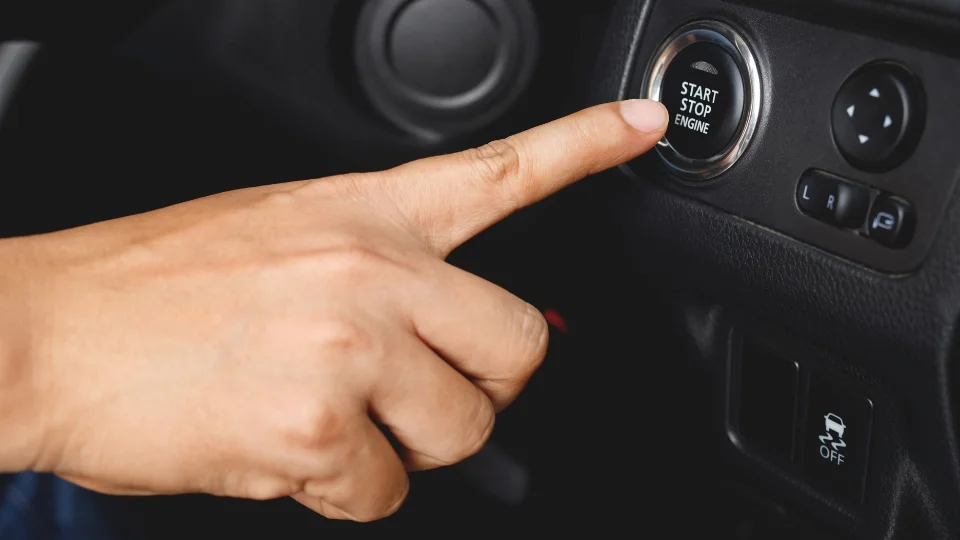
While addressing early warning signs of a failing starter can often resolve the issue, there may come a time when a replacement is necessary. It’s important to be able to recognize the signs that your starter is beyond repair and needs to be replaced.
One of the most obvious signs that a starter needs replacement is a complete failure to start the engine. If you turn the key in the ignition and nothing happens, it’s likely that your starter has reached the end of its lifespan. This can be frustrating and inconvenient, but it’s important not to jump to conclusions. Check the battery and electrical connectionsfirst to rule out any other potential issues. If everything else checks out, it’s time to consider replacing the starter.
Another sign that your starter needs replacement is if it continues to make a grinding noise even after addressing other potential issues. A grinding noise typically indicates that the starter gear is not properly engaging with the flywheel. This can lead to further damage to both the starter and the flywheel if not resolved promptly. In this case, replacing the starter is usually the best course of action.
If you’ve had your vehicle for a long time and have had multiple repairs done on the starter system, it may be an indication that a replacement is necessary. Starters do have a limited lifespan, and frequent repairs can be a sign that it’s time for a new one. Consider the age of your vehicle, the number of repairs already done, and the cost of the replacement compared to the potential benefits of a new starter.
Determining whether your starter needs replacement can be challenging, especially if you’re not experienced with automotive repairs. If you’re unsure, it’s best to consult with a trusted mechanicwho can assess the condition of your starter and provide you with expert advice. They will be able to diagnose the issue and recommend the best course of action based on their knowledge and experience.
When it comes to starter repairs, finding a reliable mechanic is crucial. You want someone who is experienced, knowledgeable, and trustworthy to handle the repairs and ensure the job is done correctly. Here are some tips to help you find a mechanic you can trust:
By following these tips, you can increase your chances of finding a reliable mechanic who will provide quality starter repairs at a fair price. Remember that trust and communication are key in any repair process, so don’t hesitate to ask questions and voice any concerns you may have.
Experiencing any of these symptoms with your vehicle? Don’t wait any longer to address them. Schedule a check-up for your starter system today and avoid bigger issues down the road. Ensuring your safety and your vehicle’s well-being is our foremost concern!